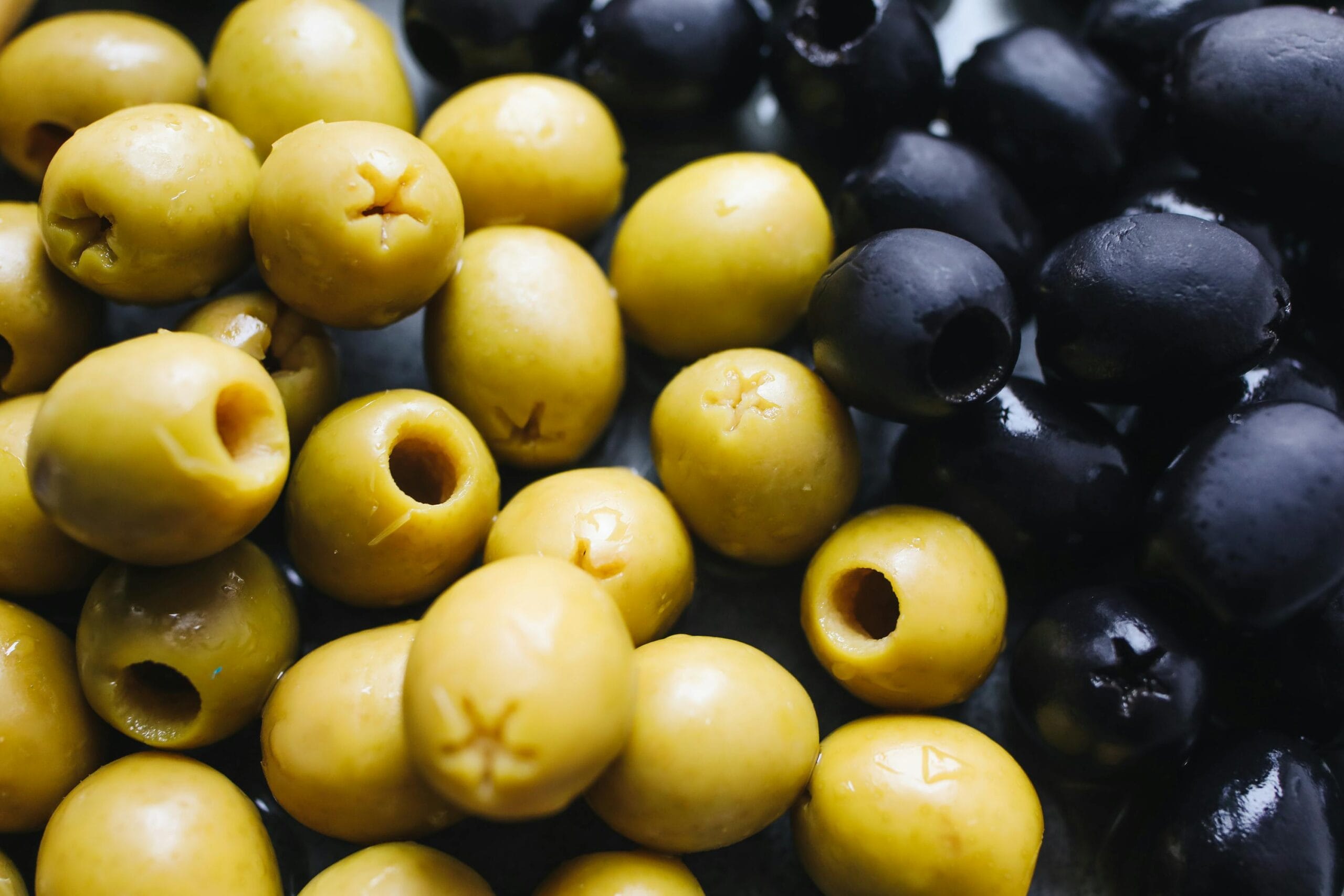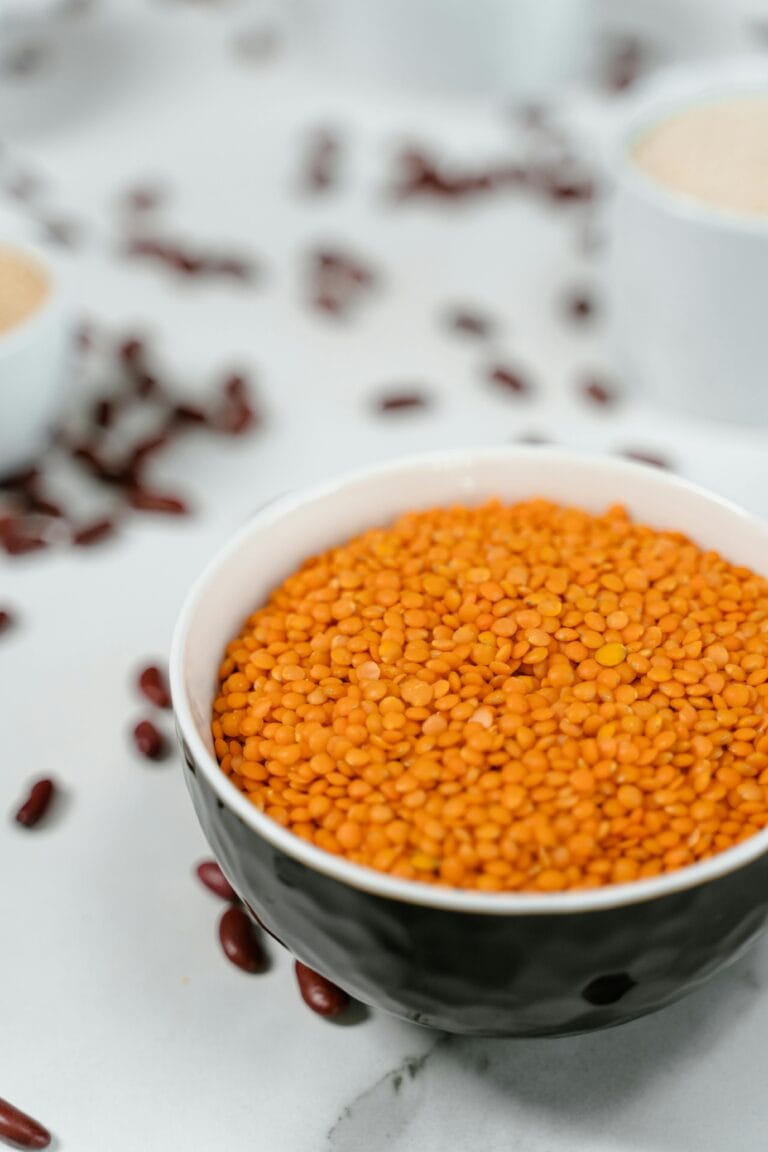Introduction to Olives and Their Nutritional Profile
Olives are a versatile fruit that has captured human interest for thousands of years, both for their culinary value and their extensive health benefits. Originating from the Mediterranean region, olives belong to the Oleaceae family and come in a multitude of varieties, including green, black, and Kalamata. Each type offers distinctive flavors and textures, making them a popular ingredient in numerous dishes around the globe, from salads to tapenade.
Beyond their culinary appeal, olives are celebrated for their significant nutritional profile, which is particularly beneficial for skin health. One of the major components of olives is oleic acid, a monounsaturated fat that not only contributes to heart health but also plays a crucial role in maintaining skin integrity. This healthy fat supports the moisture barrier of the skin, enhancing its overall appearance and resilience.
Moreover, olives are rich in antioxidants, such as vitamin E, which combat free radicals and reduce oxidative stress. Free radicals can lead to premature aging, thus the inclusion of olives in one’s diet may contribute to rejuvenated, youthful skin. Additionally, olives provide other essential vitamins and minerals, including iron and copper, which are necessary for maintaining healthy skin, hair, and nails.
The synergy of these nutrients makes olives a powerful ally in skin care regimens. Incorporating olive oil, derived from these fruits, in topical applications can further penetrate the skin layers, providing hydration and nourishment. As interest in natural skincare continues to rise, olives and their oils stand out as an exceptional choice for those seeking effective, nature-derived solutions for enhancing the beauty and vitality of the skin.
How Olives Benefit the Skin
Olives, renowned for their rich nutrient profile, offer a plethora of benefits for the skin, significantly enhancing its appearance and health. One of the most remarkable advantages of using olive oil and olives is their high concentration of antioxidants, particularly vitamin E, which plays a crucial role in preventing premature aging. These antioxidants combat free radicals, which can damage skin cells and accelerate the aging process. Regular application of olive oil can help protect the skin from environmental stressors, promoting a more youthful appearance.
The presence of healthy fats in olives, primarily oleic acid, contributes to skin hydration and elasticity. This monounsaturated fat not only nourishes the skin but also forms a barrier that helps prevent moisture loss. When massaged into the skin, olive oil can provide a deep moisturizing effect, making it particularly beneficial for those suffering from dryness or flaky skin. Consequently, the incorporation of olives into one’s skincare routine can lead to improved skin texture and suppleness.
Moreover, olives possess anti-inflammatory properties, making them an effective remedy for various skin conditions. Inflammation can contribute to a multitude of skin issues, including acne, eczema, and psoriasis. The soothing effects of olive oil can help alleviate redness and irritation, providing a calming solution for sensitive skin. Additionally, some studies suggest that the regular use of olive oil may lead to improvements in overall skin tone, as it can help to nourish and revitalize dull, tired skin.
Incorporating olives into dietary habits not only provides health benefits internally but also enhances skin vitality. Their rich nutrient content supports skin health, making them a valuable inclusion in both culinary and skincare applications.
Common Uses of Olives in Skincare Products
Olives, particularly in the form of olive oil, have long been celebrated for their myriad benefits in the realm of skincare. The natural oil extracted from olives is rich in essential fatty acids, antioxidants, and vitamins, making it a sought-after ingredient in many beauty formulations. It serves as a potent moisturizer, effectively hydrating the skin without clogging pores. Additionally, olive oil contains oleic acid, which aids in maintaining skin elasticity, thereby reducing the appearance of fine lines and wrinkles.
Beyond olive oil, other forms of olive derivatives play significant roles in skincare. Olive leaf extract is one such ingredient, known for its anti-inflammatory and antimicrobial properties. This extract is often found in serums and creams designed to soothe and calm irritated skin, making it an excellent choice for those with sensitive skin types. The pulp of olives is also utilized in face masks, offering gentle exfoliation while providing essential nutrients that promote a healthy complexion.
Several well-known skincare brands have embraced olives in their product lines. For instance, brands like L’Occitane and The Body Shop incorporate olive oil in their creams, serums, and lotions, enhancing the hydration and nourishment of their formulations. Additionally, DIY skincare enthusiasts have found delight in creating olive oil-based recipes at home. A simple olive oil and sugar scrub can provide natural exfoliation, while mixing olive oil with a few drops of essential oils creates a rejuvenating facial serum. Such applications demonstrate the versatility of olives, solidifying their place in modern skincare regimens.
The incorporation of olives in skincare products highlights their natural efficacy, making them an essential ingredient for maintaining healthy, radiant skin.
Conclusion: Embracing Olives for Radiant Skin
In our exploration of the beauty benefits of olives, it becomes clear that these small fruits hold remarkable potential for enhancing skin health. The inherent properties of olive oil, rich in vitamins and antioxidants, contribute significantly to its efficacy as a natural skincare solution. Regular incorporation of olives, whether as part of one’s diet or applied topically, can yield substantial advantages for the skin.
Olive oil is renowned for its hydrating qualities, providing essential moisture that promotes elasticity and suppleness. Furthermore, the vitamins present in olives, particularly vitamin E, play a pivotal role in protecting the skin against environmental damage, thereby fostering a more youthful appearance. Their antioxidant properties also combat free radicals, which can lead to premature aging, while the anti-inflammatory nature of olives helps to soothe irritated skin.
Moreover, the versatility of olives extends beyond mere consumption. By integrating olive oil into skincare routines, individuals can harness its nourishing effects directly on the skin, enhancing overall texture and radiance. From homemade masks to DIY cleansing oils, the applications are boundless, allowing for personalized skincare experiences that can address a variety of needs.
In conclusion, the benefits of olives as a natural, holistic approach to skincare cannot be understated. Embracing olives, whether for their culinary merits or skincare applications, paves the way to achieving healthy, glowing skin. We encourage readers to share their personal experiences and recipes that involve olives in their skincare regimens, fostering a community dedicated to the appreciation and utilization of this nature’s elixir.









